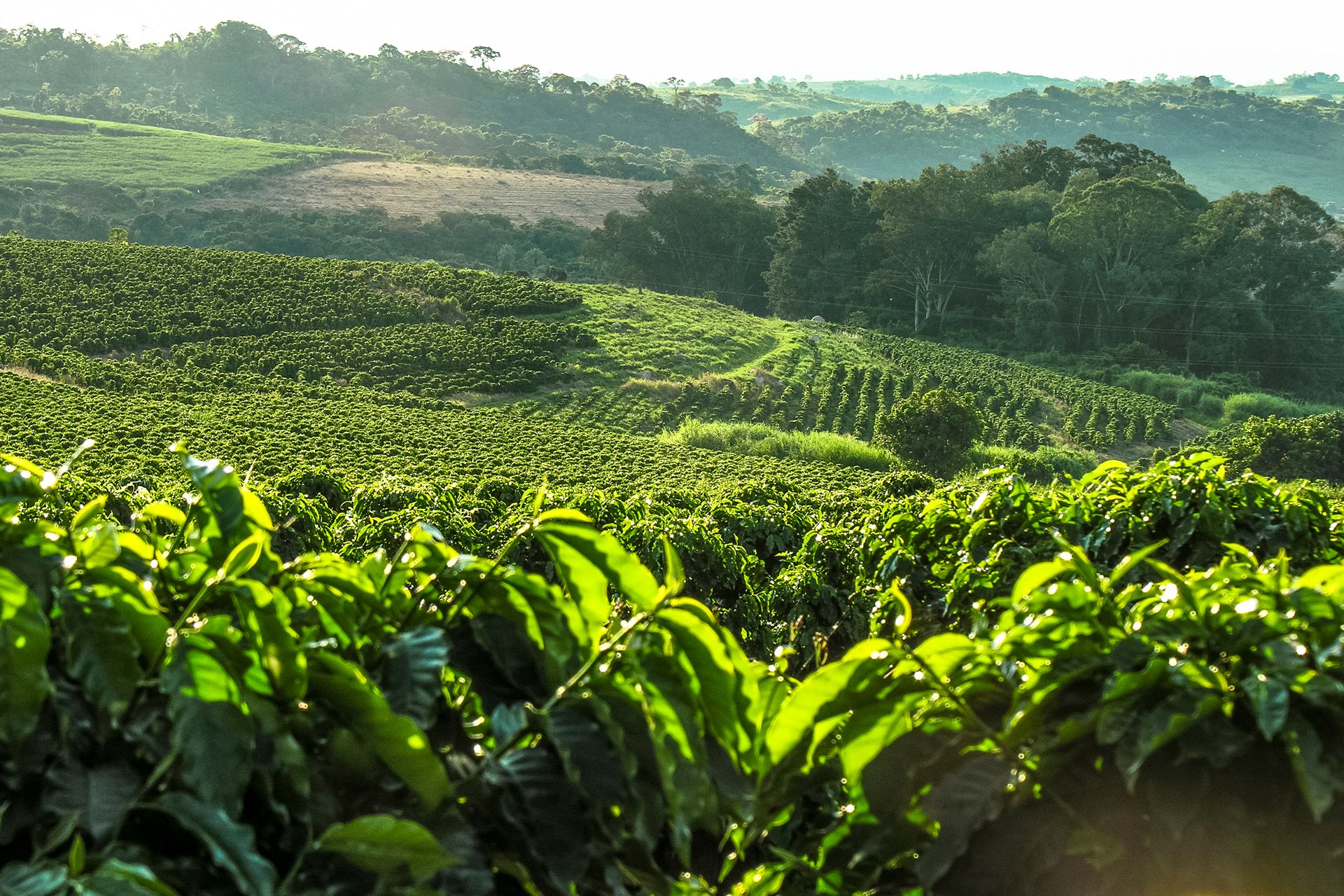Regenerative Organic Certified (ROC) is a revolutionary new certification for foods, textiles, and personal care ingredients. ROC™ farms and products meet the world's highest standards for soil health, animal welfare, and rural worker justice.
It was created in 2017 by a group of farmers, business leaders, and experts in soil health, animal welfare, and social justice, collectively called the Regenerative Organic Alliance (ROA). The aim, according to the team, is to heal a broken system, repair a damaged planet, and empower farmers and consumers to create a better future through regenerative organic agriculture.
What is QIMA's role in the ROC market?
QIMA has uniquely achieved ROC recognition in Brazil (and is preparing for expansion into other countries). The company is part of a select group of certifiers working consciously in high-quality certification, contributing to the necessary sustainable transformation of the planet's agriculture and livestock.
Besides being a respected company in the organic market, QIMA provides clients with support in the application and audit cycles, as well as analysis, maintenance, and monitoring of the document and activities. It not only verifies the correct use and display of certificates and compliance marks on product labels from the accreditation body but also on communication materials such as websites, advertisements, brochures, business cards, and other informational dissemination means.
What are the criteria for obtaining the ROC?
The standard for obtaining the certificate follows the values of:
Planet health and all its inhabitants (above and below the soil);
Ensuring a healthy environment with abundant food and prosperous people in the future;
Continuous improvement through collaboration with farmers, researchers, educators, policymakers, businesses, individuals, and other innovators.
The Regenerative Organic Certification (ROC) was developed to unify and aggregate the high-level certifications already in place, avoiding repeated audits or excessive bureaucracy. Based on USDA Organic certification, the Regenerative Organic Certification values the work done by bodies that establish standards for animal welfare and social justice, incorporating this work into the journey towards Regenerative Organic Certification.
By implementing regenerative organic practices on more farms around the world, it's believed that it's possible to find lasting solutions to the climate crisis, industrial agriculture, and weakened rural economies.
The certification is based on observing each step of the supply chain. During the audit, before certification, experts analyze the policies and operational processes to establish compliance with ROC principles and criteria:
Compliance with local and international laws and regulations;
Demonstrated commitment to economic and financial variability in the long term;
Use of best farming practices by producers and mills;
Environmental responsibility, including the preservation of natural resources and biodiversity;
Responsible consideration for employees and the community affected by cultivation or production;
Responsible management of new plantations;
Commitment to continuous improvement.
Guidelines met
Need more information?
By contacting QIMA you agree to our privacy policy and terms and conditions.
Why the ROC certification?
The main advantages of having a ROC certificate are the guidelines that include:
Soil health and land management;
Animal Welfare;
Farmer and worker justice.
The certificate envisions a world free of toxic chemicals, industrial livestock, exploitation, and income inequality, soil degradation, habitat destruction, pollution, short-term thinking, corporate intimidation, greenwashing, and fake food.
The program supports farmers, brands, policymakers, educators, researchers, and individuals united to create a healthy food system that respects the land and animals, empowers people, and restores communities and ecosystems through regenerative organic agriculture.
Why choose QIMA for ROC certification?
Efficient communication and service
Agile and responsive technical support at every stage.
Transparent certification process and timeline compliance.
Proven service quality with an NPS satisfaction metric of 72 points.
Cost and time optimization
Integrated audits that minimize the number of visits and costs.
Simplified processes that reduce impacts on operations.
Strategic and efficient allocation of auditors.
Industry leadership
Pioneering company with over 30 years of experience in food safety, organic certification, and sustainability.
Complete certification ecosystem, from field to table.
Advanced technology for compliance monitoring.
